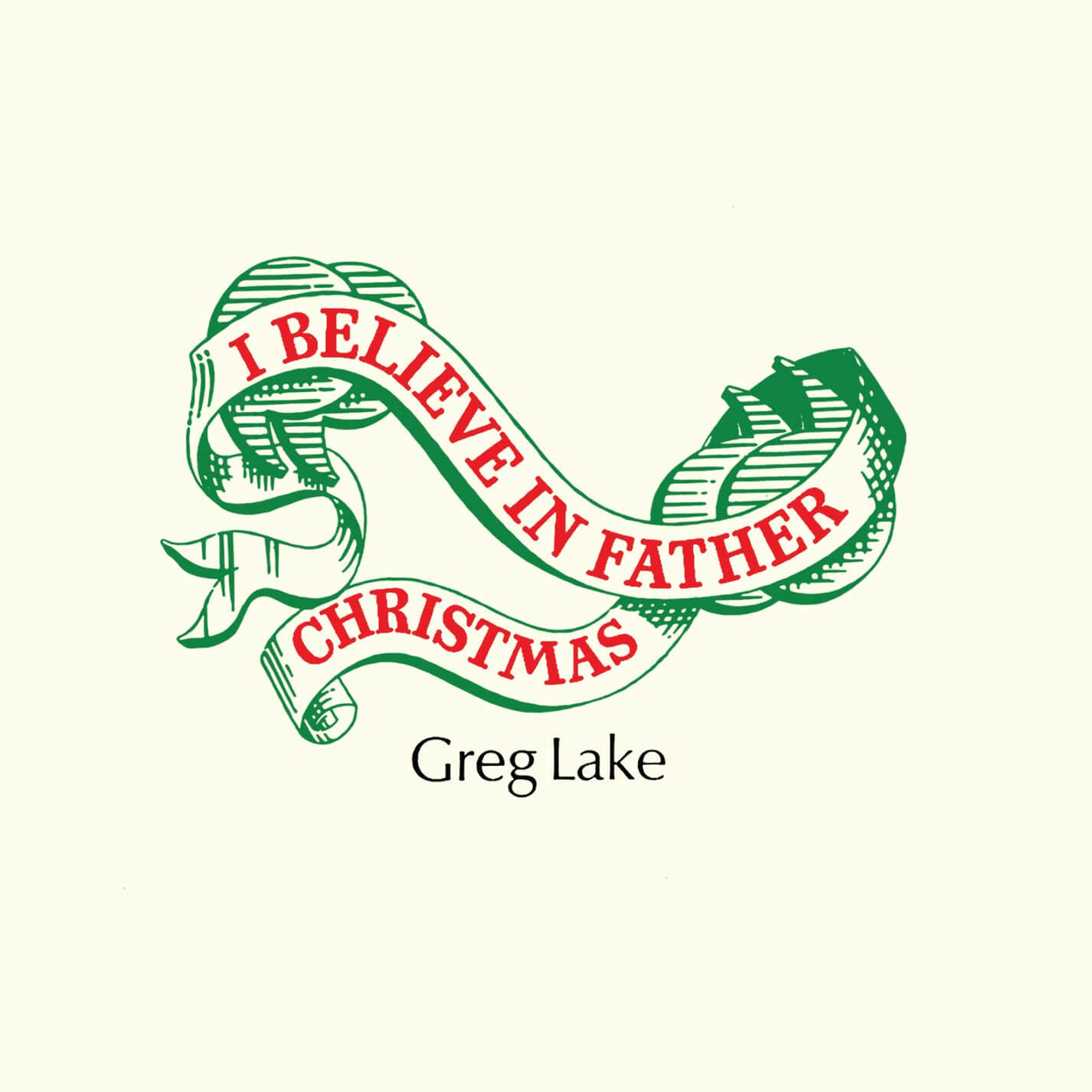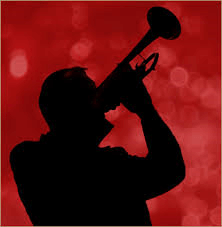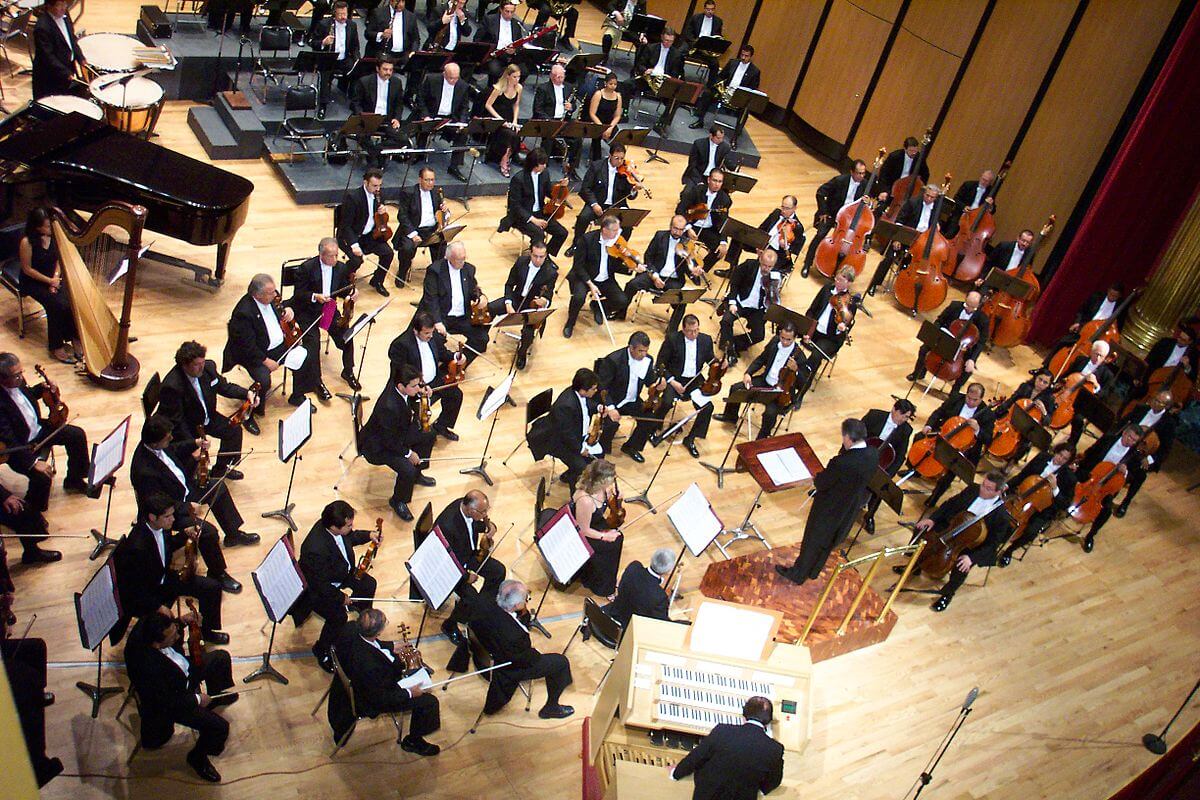Results
-
 £29.50
£29.50Evermore - Alan Menken - Adrian Horn
Disney's remake of the 1991 animated picture gave the chance for composer, Alan Menken to add new music to the already popular soundtrack. In the original film, it was felt the Beast was missing any major feature song. This was put right with the live-action remake which became an instant global hit. Now arranged by Adrian Horn for Euphonium and Brass Band, this is a great new modern solo that will find favour with audiences of all ages.FREE SOLO PART - CLICK HERE
In Stock: Estimated dispatch 1-3 working days
-
 £29.50
£29.50I Believe In Father Christmas - Greg Lake - Gavin Somerset
Released in 1975, this well loved song was written intentionally by as a protest about the commercialisation of Christmas. The release saw it shoot to No.2 in the charts and remains Greg Lake's only hit solo release. The instrumental riff used between verses is the tune from "Troika" by Sergei Prokofiev that has aided its popularity. This piece is familiar to all audiences, perfect to get them in the mood for your Christmas concerts & get them singing along.
In Stock: Estimated dispatch 1-3 working days
-
£44.50
In Memoriam - Arthur Sullivan - Neville Buxton
Written before teaming up with W.S. Gilbert, the first performance of "In Memoriam" was in 1866 at the Norwich Festival. Just before Sullivan started the composition, his father passed away. Sullivan turned his grief to the completion of this overture. It is also thought that the work was initially inspired by a poem of the same name by the Lord Tennyson Alfred. The overture enjoyed much success during Sullivan's lifetime, although sadly is seldom heard today. This arrangement of the work is the 2013 set test piece for the Butlins Mineworkers Open Brass Band Festival, 2nd section.
In Stock: Estimated dispatch 1-3 working days
-
 £29.50
£29.50Jingle Bell Swing - James Pierpoint - Gavin Somerset
Get your audience on their feet in this ultimate Christmas Concert finale. Jingle Bells gets the Michael Buble Big Band treatment in this arrangement which will appeal to bands of all levels. There is plenty for every player to enjoy and there is no doubt that this finger clicking good piece will leave your audiences cheering for more. A must for all bands wanting to give their audience something different this Christmas season.
In Stock: Estimated dispatch 1-3 working days
-
£29.50
King Of The Road - Rodger Miller - Lee Rogers
If there was one song that would encapsulate the laid back, easy-going nature of the bass trombone player - this is it! Roger Miller's classic 1964 song has now been skilfully arranged by Lee Rogers which can feature either the bass trombone or Eb Bass. The band parts also enjoy the laid back nature of the soloist with the melody featuring throughout different sections. Recorded by Dean Martin, The Proclaimers, Jerry Lee Lewis & countless other, this item is pure entertainment and just begs for the soloist to endure the "hobo" look as the song's lyrics describes. A must for all bands.
In Stock: Estimated dispatch 1-3 working days
-
£24.50
The Partnership of Life - Paul Finn - Leigh Baker
A beautiful piece of music that pays tribute to the joy of relationships and the beauty in finding your soul mate-for life! Ideal for weddings and civil services as well as engagement tributes.
In Stock: Estimated dispatch 1-3 working days
-
 £29.50
£29.50Punchinellie - William Rimmer - Jonathan Bates
Kick start your programme with music from the Brass Band march kingaAof sorts! The opening bars of 'Punchinello" are amongst the most famous written in any march, however what follows them in this arrangement will certainly raise a few eyebrows and chuckles from your audience. The brilliance of William Rimmer descends into the comedy tune of the famous elephant (& your trombonists are let loose with the trunk calls!). An awesome, tongue in cheek arrangement that would suit both concerts & entertainments contests (watch out for the odd weasel popping up too!).
In Stock: Estimated dispatch 1-3 working days
-
 £24.50
£24.50Sospiri - Elgar - Max Stannard
Originally scored for string orchestra, harp and organ, this Adagio was composed by Sir Edward Elgar shortly before the outbreak of the First World War and you can perhaps hear the gathering storm clouds of war in the music which became a bleak adagio that would not be out of place as the slow movement of an Elgar symphony. The work was dedicated to the leader of the London Symphony orchestra W.H. (Billy) Reed.
In Stock: Estimated dispatch 1-3 working days
-
£24.50
Song Without Words - Max Stannard
This sublimely simple piece is the perfect choice of solo for bands looking to add a special moment to their concerts. With parts not too demanding, this solo would suit up and coming cornet players that would like the chance to fulfil their moment in the spotlight. The gentle ballad flow of the work would work well at any concert occasion and is open to youth bands as well as more seasoned senior bands.
In Stock: Estimated dispatch 1-3 working days
-
£24.50
Sobre Las Olas - Juventino Rosas - Chris Gorman
This is possibly one of the best-known tunes around the world and is speculated to heard in more motion pictures than any other song. However, if you asked someone to "name that tune", then most would probably struggle. This classic Waltz has mistakenly in the past thought to be Viennese and has frequently thought to be the work of Johann Strauss II. The music is the most famous work of the composer and has long been associated in the US with fair ground rides and trapeze artists. This arrangement of the original work by Chris Gorman makes a perfect classical "Overture" work for your concert program.
In Stock: Estimated dispatch 1-3 working days
